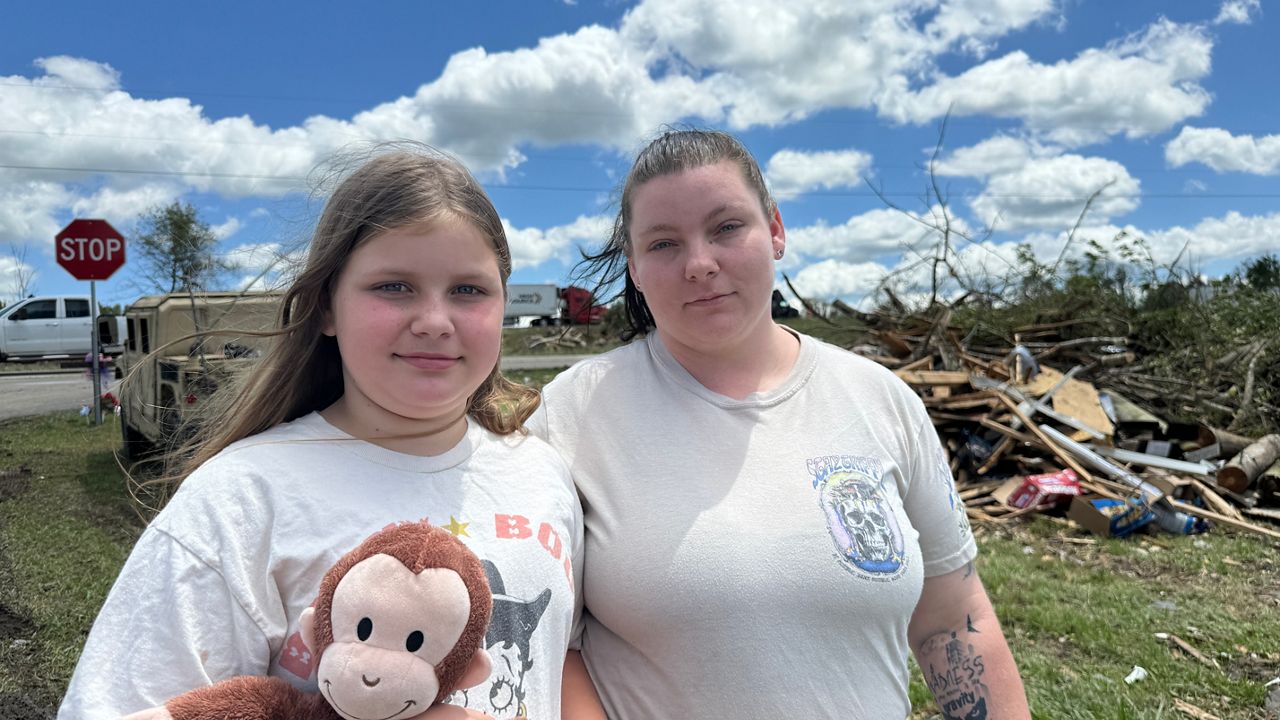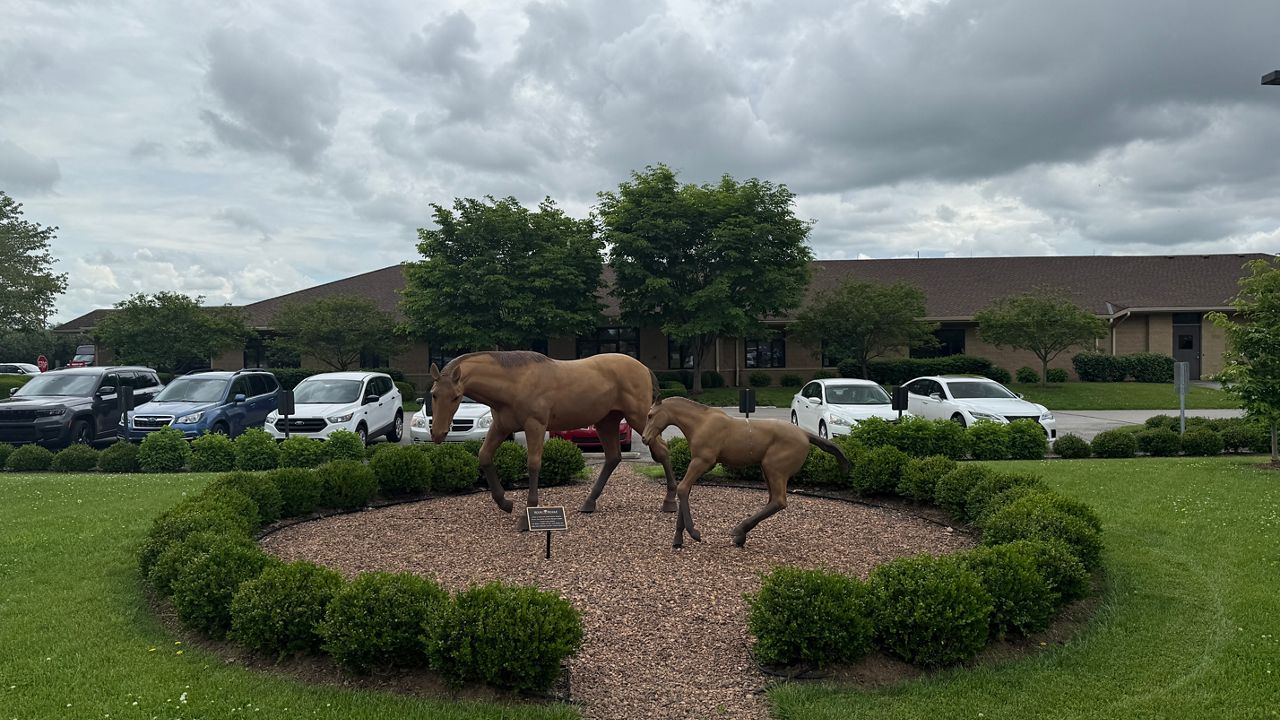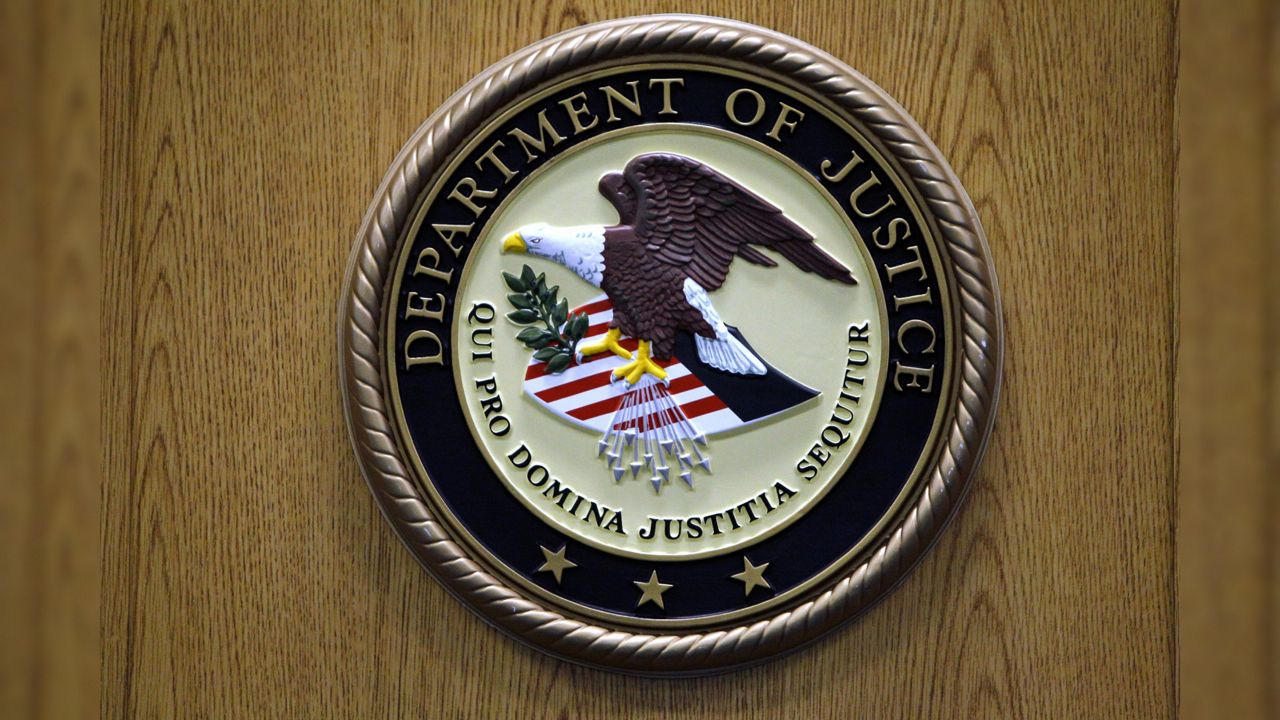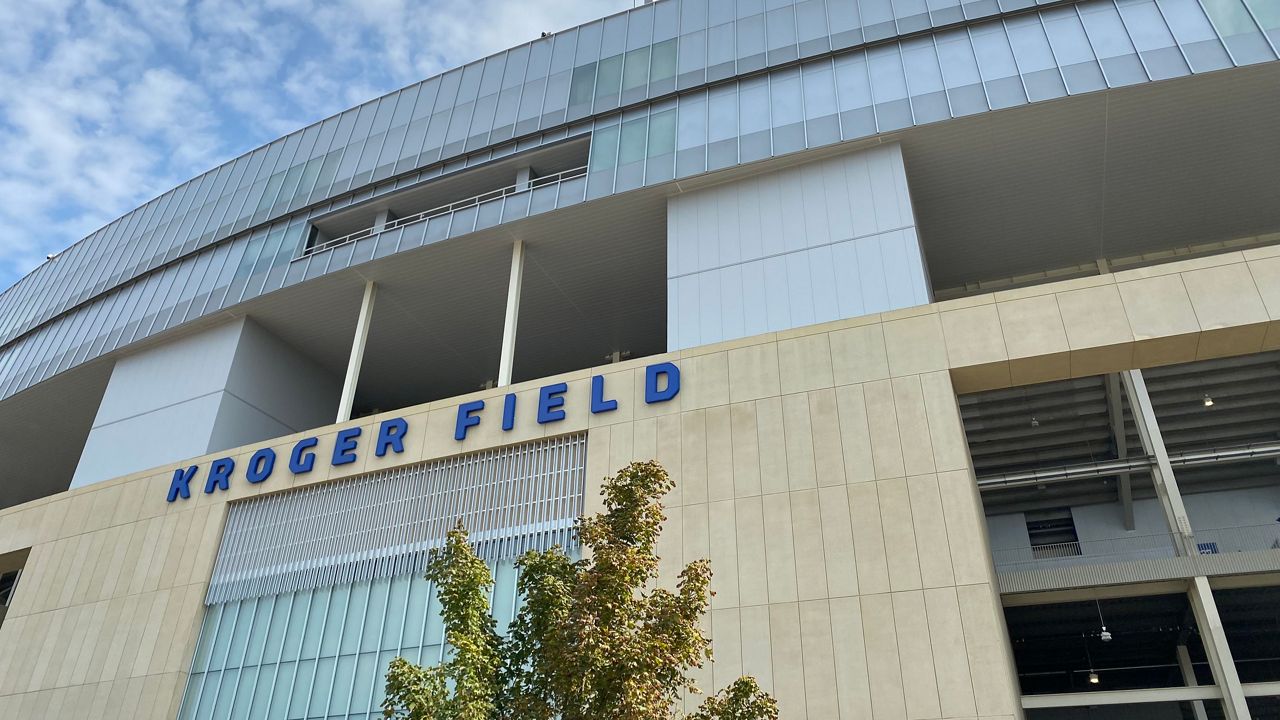LOUISVILLE, Ky. — Louisville Mayor Greg Fischer sat down for his annual year-in-review interviews with the press on Monday.
What You Need To Know
- Louisville Mayor Greg Fischer sits down with Spectrum News 1 for year-end interview
- Fischer discusses coronavirus, racial justice
- Fischer says COVID-19 cases plateauing, though it's still higher than top health officials would like
- Fischer reflects on change within police department
True to 2020, the usually in-person discussion was instead held via Webex. Communication hurdles aside, there was much to discuss.
As the Commonwealth's most populous city, Louisville has contributed more than 19% of Kentucky's total coronavirus caseload. Fischer lauded Louisvillians for wearing masks and distancing and said, while the arrival of vaccines gives hope, those safety measures will need to be followed for months to come.
Also, Fischer said, cases appear to be plateauing, though it is a plateau higher than his top health officials would like.
Asked how his time in office will be remembered, Fischer said the city had been making financial strides before the pandemic ground it to a halt.
"Well, we’ve had great momentum of the city, especially prior to the pandemic, with 83,000 new jobs, 3,000 new businesses, over $17 billion in investment. We’ve recreated and reinvigorated downtown. And then, boom, we got hit by the pandemic and marches for racial justice. So, I think people will look back and say, 'Wow, a really different city competing at a different level that had some really challenging tasks thrown at us, like every city in the country.' We worked our way through those to develop a more equitable city, a more dynamic city."
During the summer, Fischer, a Democrat, faced criticism on all fronts during the fallout from the March 13 police killing of Breonna Taylor.
The protests that followed were overwhelmingly peaceful, however, isolated incidents of looting and property damage occurred. Reporter David Guildford, who covered this summer's protests extensively, spoke to business owners who said on separate occasions that they felt Fischer was not doing enough to protect their businesses, as some boarded their storefronts.
Meanwhile, protesters routinely accosted Fischer when he would visit Jefferson Square Park, which had become the epicenter for organized protests. Guildford spoke to protesters who said they felt Fischer sided with LMPD and hadn't done enough to fix systemic racism within policing.
In a May 29 press briefing, the day after the first Louisville protests, ignited by the killing of George Floyd in Minneapolis, Fischer said, "We understand this is one incident in a book of unequal power dynamic between law enforcement and African Americans for 400 years."
Furthermore, police union leadership criticized Fischer early in the protests, stating officers were "Completely unsupported" as police tear gas and batons were met with water bottles and improvised projectiles during tense clashes in early June.
Since those early protests, Breonna's Law was ratified in the city, banning no-knock warrants like the one executed on Taylor's home.
In September, the city reached a historic $12 million civil settlement with Taylor's family, which included promises of further reform.
And in early December, after many talks within Metro Council, a civilian review board was officially formed. The board was created to provide independent oversight for police incidents.
"There’s been a huge amount of change within the police department," Fischer said during the interview. "Our good police officers saying, 'We need this as well.' They want police-community legitimacy. As it relates to the FOP and contract negotiations, many of these issues come up with discussion between us and the FOP. We’re getting ready to negotiate a new contract as well."
The next big test for the mayor looms in January. After firing one chief and working with two interims, he plans to make a long-awaited permanent hire next month.
"Ultimately, the goal is that every neighborhood says, 'The police are here; our guardians are here.' So, we have some work between where we’re at now and where we’re going to achieve that goal."
With the announcement of a new police chief due in January and collective exhaustion from the pandemic, there is much work to be done in 2021.





